
The Free Press

There’s a scene in the new Hulu show A Murder at the End of the World—before the big whodunit reveal—where the series’ protagonist Darby Hart reveals her one great asset as an investigator: “No one sees a 24-year-old girl coming,” she says, with a wry smile.
On the show, this line is accompanied by ominous, moody music. In my head, though, it’s punctuated by a fourth-wall-breaking wink and a leitmotif that lets you know you've just learned an Important Lesson.
Because like so many limited series in the era of peak TV, A Murder at the End of the World is not content to merely entertain. It aspires to social importance, in this case in the form of a feminist thesis so precious and self-congratulatory, the writers just can’t help slapping you right across the face with it.
For the uninitiated, A Murder at the End of the World is a contemporary twist on the classic ensemble murder mystery, featuring a group of movers and shakers, artists and activists, all gathered at a remote Icelandic hotel for a retreat hosted by tech billionaire (and obvious Elon Musk insert) Andy Ronson. Darby, an amateur investigator and author of a best-selling true crime book, is surprised at her invitation to the gathering—and even more surprised when her estranged partner and paramour, Bill, turns up as a fellow guest. When Bill dies mysteriously on the first night of the retreat, Darby springs into action, sleuthing her way to the identity of the killer with plenty of danger and red herrings along the way.
This type of whodunit has always been a staple of serial television (see: Poirot, Murder She Wrote, Columbo), but shows like True Detective, Mare of Easttown, and Only Murders in the Building proved it could also work as prestige TV. The success of these stories always depends upon the detective at the center, a keen sleuth who, out of either necessity or ingenuity, is able to crack the case where ordinary police cannot. In A Murder at the End of the World, that’s Darby: brilliant, bisexual, mildly autistic, with a penchant for hacking firewalls when she isn’t solving murders. This is the 24-year-old girl no one sees coming—despite the fact that she has pink hair, piercing blue eyes, and a rack so perky that she can (and does) wear a plunging neckline without a bra, the better to show off the eye-catching chest tattoo inked right between her breasts.
I won’t spoil the central mystery of A Murder at the End of the World, but suffice to say it didn’t delight me, nor did the show’s habit of styling itself as something bigger and more important than a mere murder mystery. There’s the unsubtle climate doomerism; the “strong female character” who conveniently transforms into a moron when it serves the plot; and the Gen Z version of a manic pixie dream boy in the form of Bill (Harris Dickinson with a white-trash haircut and deeply unfortunate face tattoos), who rebuffs Darby when she wants to have sex because he’s wrestling with the concept of toxic masculinity. “We’re out here in the middle of nowhere investigating women who have been hurt by men, and I’m a man, and that’s just a lot, you know?” he says.
Other characters are no less hackneyed, including the suicidal climatologist who declares that the apocalypse is coming “sooner than you think,” or the gay character in a wheelchair who turns up in a surprise sexual sideplot: “What,” he squawks indignantly, “you think a disabled guy can’t fuck?”
All of this is intentional, if not necessarily intended to be quite so in-your-face. Brit Marling, the show’s writer, told Vulture that “[one] of the real achievements of this story. . . is that I think you don’t notice how subversive it is.”
But it’s laughable to think it’s original, let alone subversive, to make a 24-year-old sexually adventurous hacker the hero of your story. (One of the weirdest things about A Murder at the End of the World is that it takes place in a world where The Girl with the Dragon Tattoo apparently does not exist.)
Darby falls flat as the show furiously tries to make her a vehicle for some grander point about sexism in the murder mystery genre. She moves through the story like the living embodiment of a comments-section diatribe about how everybody underrates the brilliance and valor of young women, condescended to at every turn by sexist, sneering, middle-aged men.
“You’re a child,” says one. “You’re a smart little girl,” says another. The only thing missing is a mustache-twirling villain who slaps her on the rear and tells her she’s too pretty to solve crimes.
There is, of course, nothing wrong with being young and pretty. Youth is many things: tantalizing and titillating, alluring and fresh and fun. But it is not generally wise, or especially insightful, and Darby’s inevitable triumph over a bunch of antagonists twice her age feels more like a feminist fantasy on the part of the writers than an organic plot development. The point, and the pleasure, of the whodunit genre is that the amateur sleuth might lack the skills or resources of a trained investigator, but she makes up for it with an intuitive understanding of human beings. Who they are; how they feel; and why they kill.
Darby, in her naivete, doesn’t have this. She succeeds only because the story and the pieties of its creators demand it. She succeeds because “no one sees a 24-year-old girl coming.”
And while this may be satisfying to a certain type of viewer, to be subversive would require something more—like, say, the courage to make Darby Hart a 70-year-old grandma in bifocals and a housecoat. Here is the amateur detective people really don’t see coming: the woman who’s gotten so old that men don’t just underestimate her, but look right through her as if she doesn’t exist at all.
On a separate note: Although A Murder at the End of the World ultimately proved disappointing, I’ve been enjoying these cultural offerings this month:
Tara Isabella Burton’s Here in Avalon, a fairytale of New York with a thrilling noir flavor, is a perfect January read.
I was transfixed by Amanda Knox’s recent interview with John Roderick, a.k.a. Bean Dad (if you know, you know), about how becoming Twitter’s main character continues to impact his life two years after the fact.
After falling down a Hulu rabbit hole in search of underrated period dramas, I stumbled across the 2002 BBC adaptation of George Eliot’s Daniel Deronda, which not only features sumptuous costumes and a star-studded cast (including Downton Abbey’s Hugh Bonneville in a rare and wonderfully loathsome turn as the villain) but whose exploration of proto-Zionism in Victorian England is surprisingly relevant to the issues of the day.
Kat Rosenfield is a columnist for UnHerd. Follow her on Twitter, now X, at @katrosenfield.
And if you want more smart commentary on the culture, become a Free Press subscriber today:

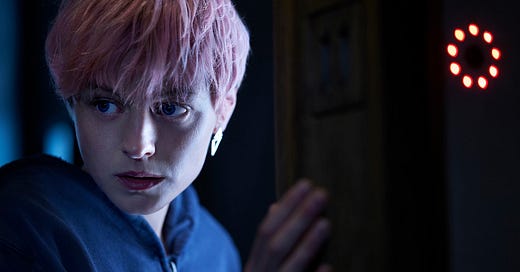

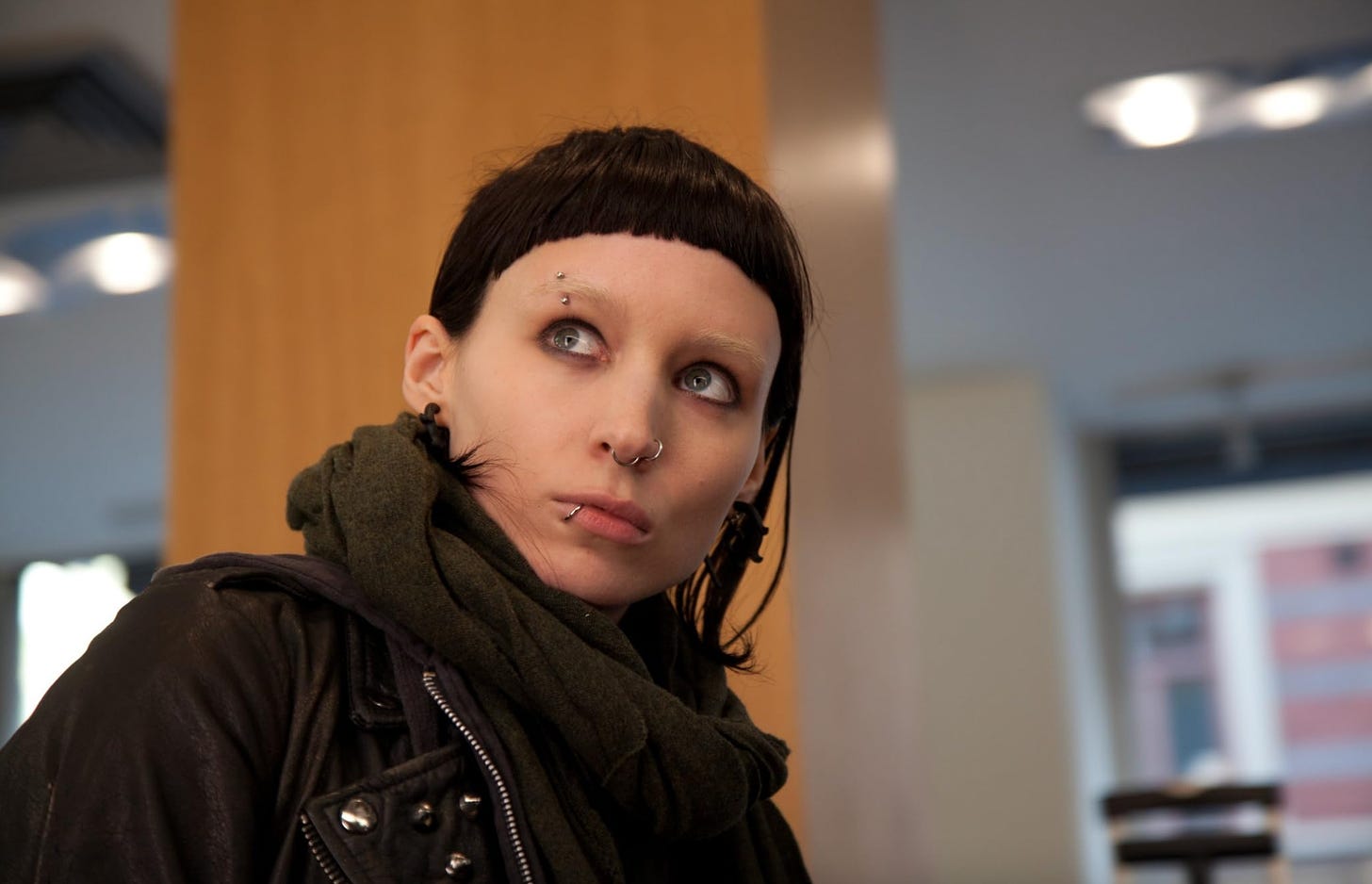



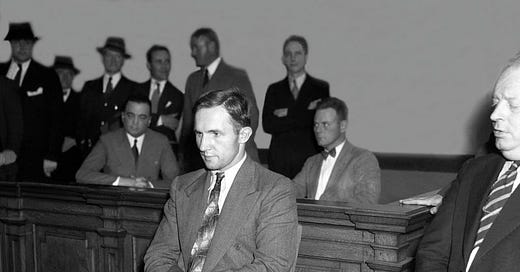


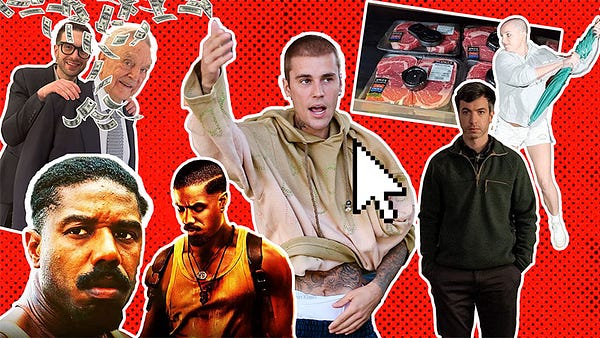



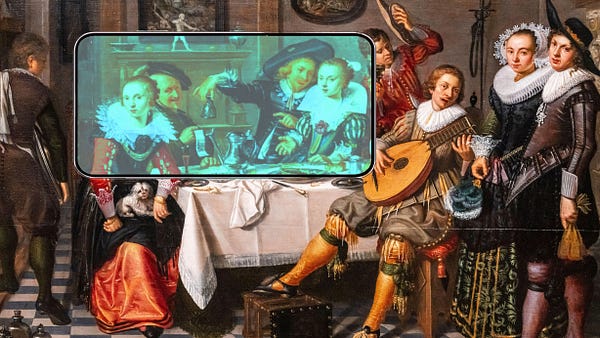

This review reminds me why I like FP and became a subscriber. I DID watch the show, but I gave my eyes a rest from all the eye rolls and just enjoyed the scenery, set design, and execution. I never expected to see such a spot on review but kudos to FP. My favorite 'you have got to be kidding me' was the suit that they wore to protect them from the 'elements' and expected apocalyptic events. Not having a way to take it off and almost dying was hilarious, as the best brains in the world thought this cluster up. And it's always a great idea to go swimming in a pool ALONE when corpses are piling up all over. I have to stop......there is just too much.
Re writers having the "courage to make Darby Hart a 70-year-old grandma in bifocals and a housecoat" -- might I introduce you to Miss Jane Marple?